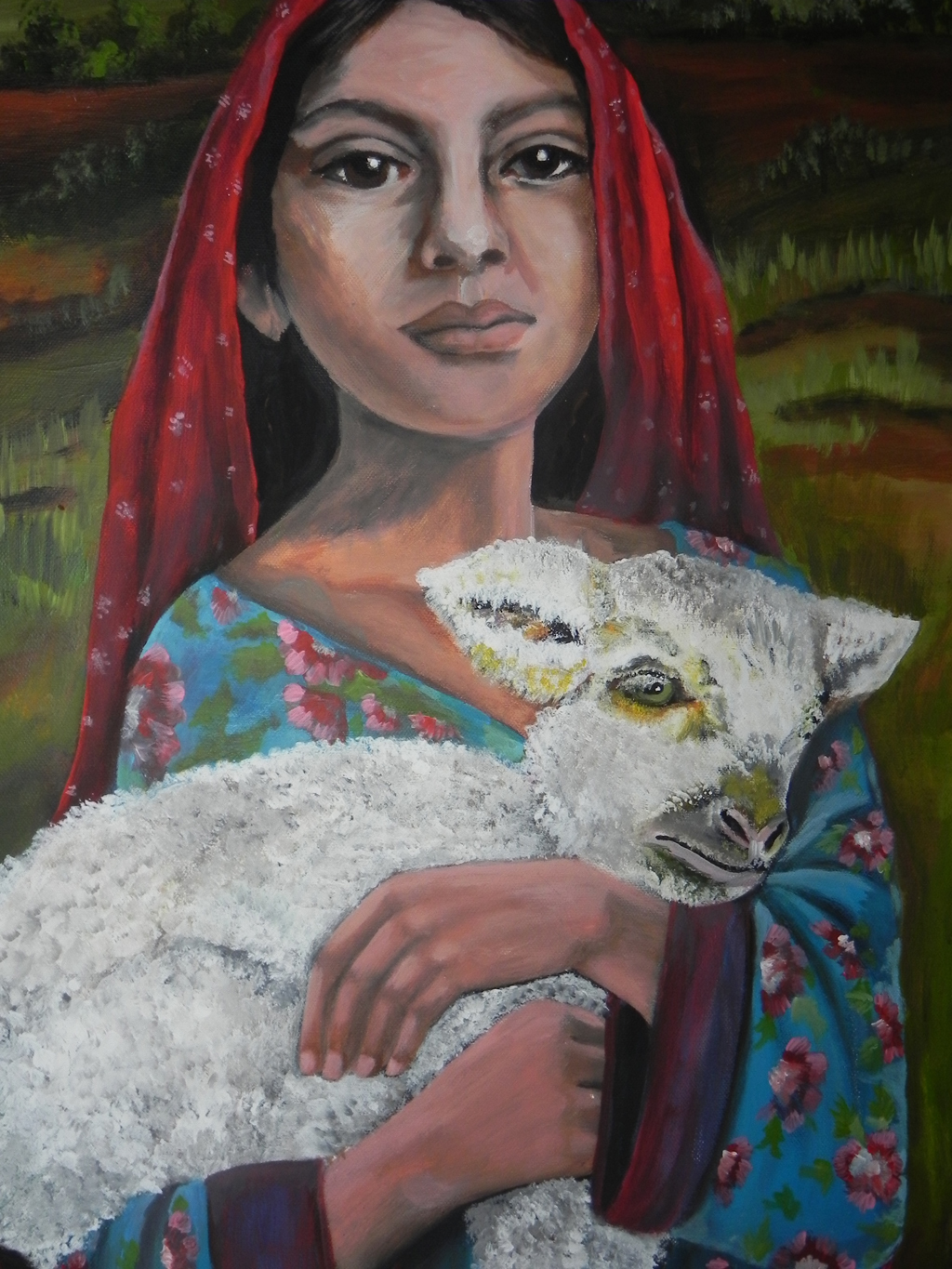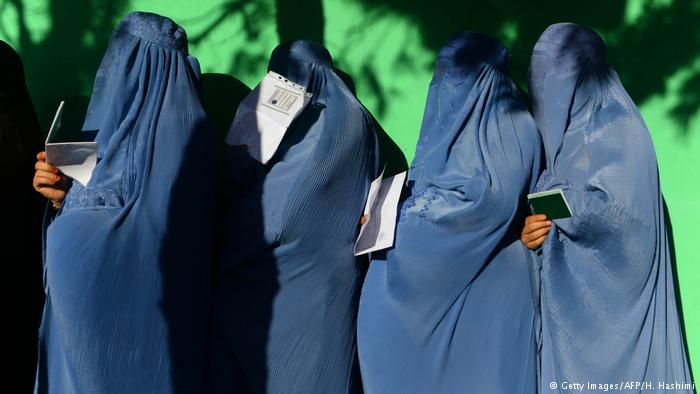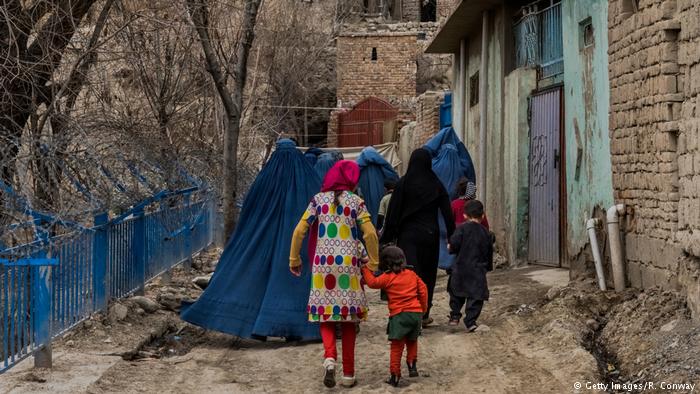Does Afghanistan really want its women?
Women who dare to love, to pursue a career and women who refuse to be tied down by the conservative society are simply eliminated in Afghanistan. To this day, tribal courts and the Taliban use the Sharia (Islamic law) and order punishments such as stoning and executions. With a massive number of women falling prey to antiquated social customs, the obvious question is: does Afghanistan really want its women?If yes, then for what purpose? To reproduce? To swipe the bottoms of boys who will grow up to be a menace to their daughters? To feed the men who will bite off their hands? Something is seriously wrong when a community looks at women as mere objects that can be disposed off at free will.
Here are a few recent incidents that shifted the focus towards the plight of women in Afghanistan.
Kunduz, November, 2012: Gisa, a 15-year-old’s throat was slit because she refused a marriage proposal.
Jalalabad, November 2012: Gul Meena, an 18-year-old was struck by an axe 15 times, her head and face susutained severe cuts that exposed her brain. Her crime: although she was married, she had run away with another man.
Qol village, Parwan province, July 2012: 22-year-old Najiba was executed in public by a member of the Taliban. She was repeatedly shot in the back while a crowd of about 150 men hailed “Allahu akhbar” (God is Great). The execution was filmed and posted on the internet.
Eastern Afghanistan, July 2012: A 30-year-old woman and two of her children were beheaded by her divorced husband.
Kabul, March 2012: A-22-year old was stabbed 14 times with a thick blade used to slaughter animals. The attacker did not approve of Muzghan Masoomi working out of the house.
The list goes on. The names fade away on their graves and the women end up as mere numbers on a report about atrocities against women in Afghanistan. Last year alone, 2000 cases of honour killings were registered. According to the Afghanistan Independent Human Rights Commission (AIHRC) 60 honour killings were reported between March and September 2012.
The numbers rise at an alarming rate. After the Obama Administration’s recent announcement of setting 2014 as the deadline for the withdrawal of the U.S. troops, Afghan women are doubly worried that the post-war government may be too weak to withstand any influence from the Taliban and that this influence would reverse any good that the country’s constitution may strive towards.
President Hamid Karzai’s government is already being seen as taking a step backward for women’s rights in Afghanistan. Karzai’s endorsement of a “code of conduct” issued by an influential council of clerics in March 2012 clearly goes to show that honour is dearer to Afghanistan than its women. The document, issued by the Ulema Council, allows husbands to beat wives under certain circumstances and encourages segregation of sexes. This reverses the process of securing women’s rights that had begun to unfold since 2001. The constitution gives women equal legal status to men, the right to go to school, access jobs and hold political office, but the few women who have benefitted from this constitution in the last decade are now at the risk of falling prey to the wrath of conservative men.
So is there any hope for women in Afghanistan? Or do women who live there have to somehow find a way out? Imagine if the women of the world came together and raised enough money to get every single Afghan woman a seat on the plane out of the country and then helped these women resettle in safer parts of the world, the country would be barren! The men would have no hope of finding any women and the country would not have any children to secure its future. Would the country’s fanatics then learn their lesson? Would it then dawn upon them that no society can function without its women? Would it then occur to them that there is no other choice but to walk hand in hand with their women?
Author: Roma Rajpal
Editor: Manasi Gopalakrishnan







